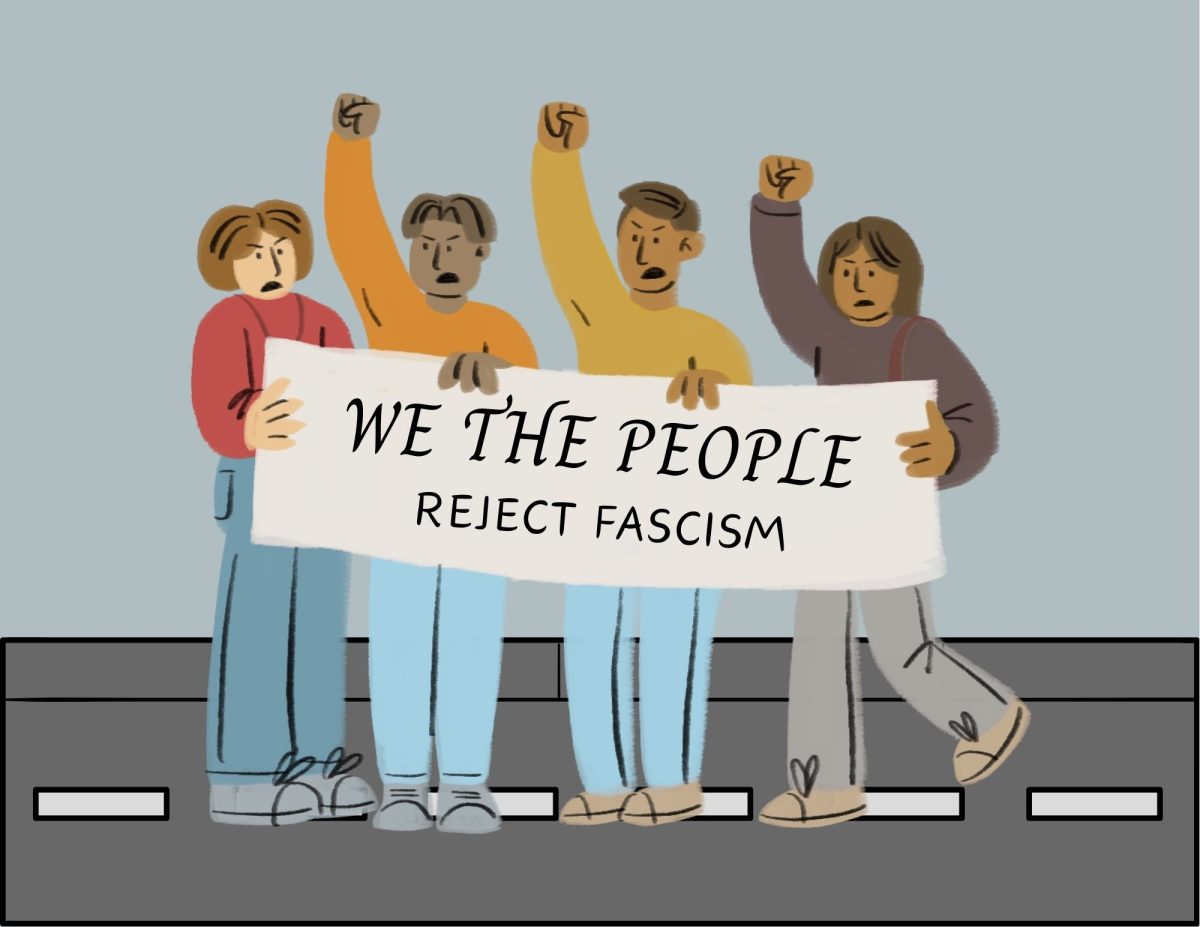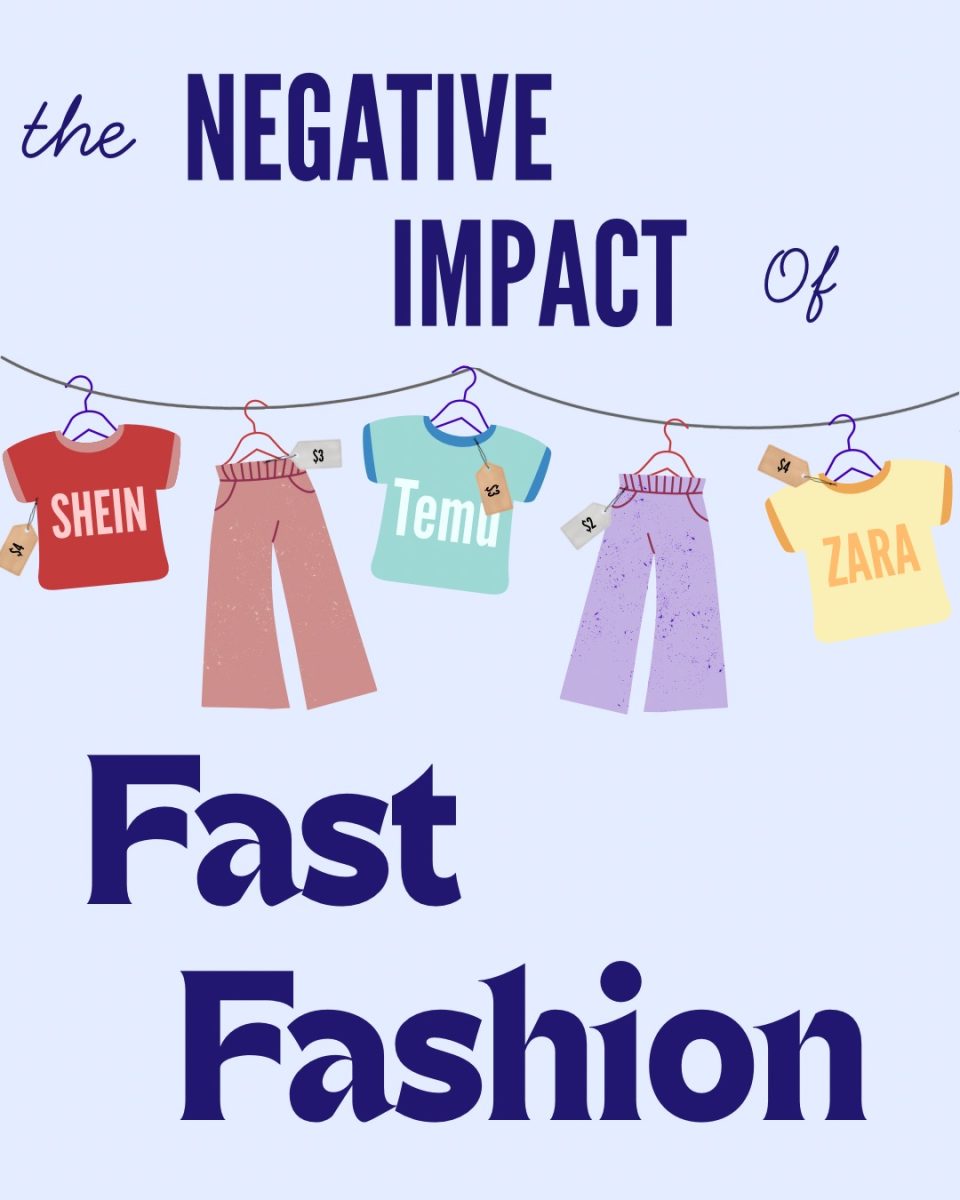We’ve seen some of the greatest feats ever of technological innovation over the past year. Artificial intelligence made a shocking debut that changed the education landscape.
Many professors and other experts in schools and universities fear the use of generative AI programs such as ChatGPT and OpenAI that create content, but that fear should instead be excitement and inspiration for innovation.
Policing its use in class settings is warranted in many cases, but my greatest concern is too many institutions will treat AI as a taboo topic for too long when we should be striving to learn more about it and find a place for it in modern education.
AI programs aren’t going anywhere; they’re only growing in popularity and use.
ULM and other universities need to strive to be at the forefront of understanding and implementing AI in the classroom.
Not adapting to changing technologies is a disservice to everyone at a university. Paying to learn from highly educated professors warrants that they adapt to such a disruptive change.
It’s nobody’s fault yet that we haven’t jumped on the AI train and found ways to maximize its potential in our prospective careers; this isn’t a shot at ULM because society in general is playing behind the computer-generated eight ball. But if the years go by and we forgo the loftiness of innovation for the comforts of tradition, then we’re the only ones we can blame.
According to Forbes, experts believe that AI will vastly change jobs in the coming years. They said they expect AI to create around the same number of jobs that it eliminates.
These effects and changes aren’t industry-specific. The obvious first guesses are writers and designers, but many office jobs are at risk if we don’t gain an understanding of how to use it.
If we’re not educated on how to use it in a way tailored to our fields, then we’re certain to miss the future.
I had the chance to attend Envision last week to hear the tales of the past and the goals of the future at ULM. As I walked through the building and made my way through the sea of sponsorship signs and university insignia, a quote from President Ron Berry stood out to me.
“We prepare students for jobs that don’t exist yet,” the sign read.
After seeing that, I like to believe that proposition isn’t too far from the realm of possibility. But we can’t adapt to what we don’t know.
Most people hear of AI and don’t truly understand its scope. From my experience, some people still believe it’ll produce a flawless research paper with a few keywords in an instant. While they understand some of the most basic issues with AI programs, these people don’t understand the potential of these programs.
Many think of generative AI as a writing tool, but these programs bring so much more to the conversations. Most of us don’t need to know the inner mechanics that make AI work, but we’d be well-suited to understand how to use it.
We need to have industry and focus-specific knowledge of how it can be used to our advantage. Whether that’s something as simple as proofreading or automation of basic tasks to save time, we have to know about it, because our future bosses want us to know about it.
Depending on the program, AI can write, edit, create code, generate graphics and even improve audio. AI gave us new Beatles music in 2023 by taking a rough John Lennon demo tape and improving the quality in ways we’ve never seen before.
Going back to what I said about Berry’s quote earlier, I don’t think anyone went to work thinking they’d use AI to bring a Beatles song back from the dead. This might be one of the more extreme examples out there, but it shows what it can do and why we need to take it more seriously.
We need to see it as a tool to help and not the beginning of the end of the workforce as we know it.
It’s a change in thought we have to be willing to make. We can’t ignore an advancement because of the turmoil it once created.
I imagine learning to accept generative AI as a positive is met with the same caution and concern that people had when nuclear power plants first popped up.
Just because the same science created some destructive bombs didn’t mean we couldn’t get some good from the same process. It certainly didn’t mean we should avoid learning about it.
It’s a technology that will only continue to develop. Generative AI programs are currently the dumbest and most limited they’ll ever be.
As people attempting to navigate this change, let’s not be the dumbest and most limited we can be. We need to take the shot to be ahead of the curve with AI.
Categories:
AI tools should be implemented, understood, not feared in schools
Cameron Jett, Editor-in-Chief
November 6, 2023
0
More to Discover





